10 years after BP spill: Oil drilled deeper; rules relaxed
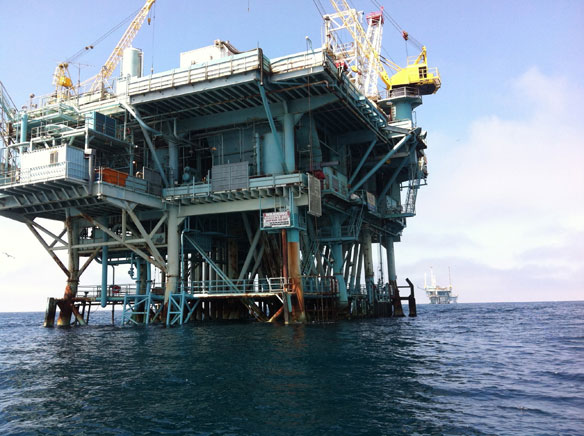
Industry leaders and government officials say they’re determined to prevent a repeat of BP’s Deepwater Horizon disaster. Yet safety rules adopted in the spill’s aftermath have been eased as part of Trump’s drive to boost U.S. oil production.
‘We’ve been abandoned’: a decade later, Deepwater Horizon still haunts Mexico
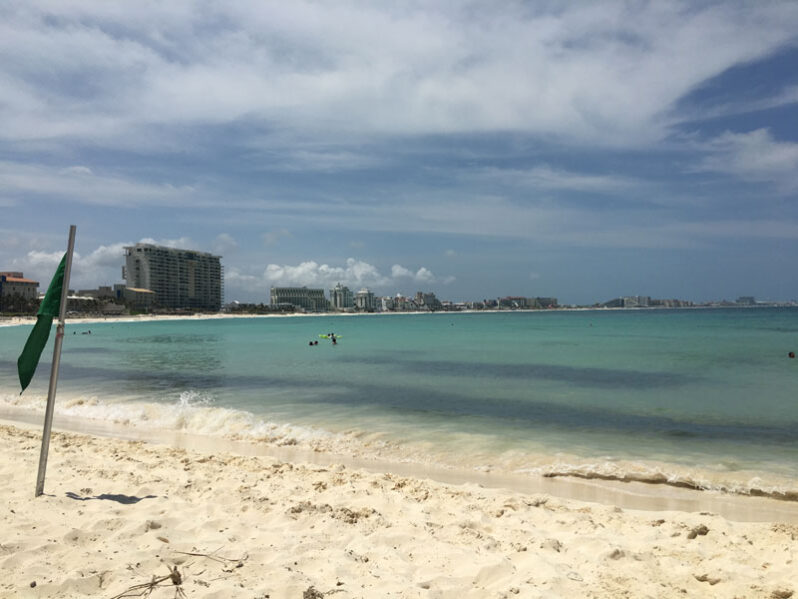
Amid public and political outrage in the US, BP took full responsibility for the worst oil spill of the 20th century. But BP denied the oil reached Mexico, claiming the ocean current propelled the huge spill in the opposite direction. However, fishermen and Mexican scientists knew this wasn’t true.
Scientists have found oil from the Deepwater Horizon blowout in fishes’ livers and on the deep ocean floor
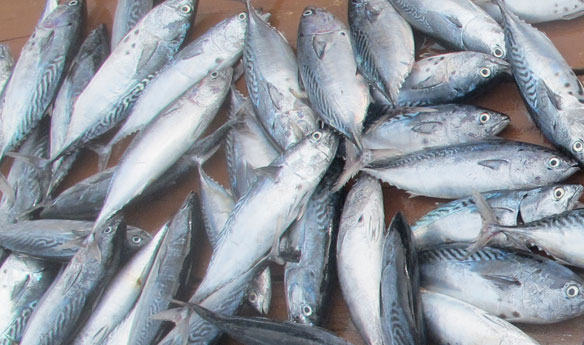
Over the decade since the Deepwater Horizon spill, thousands of scientists have analyzed its impact on the Gulf of Mexico. The spill affected many different parts of the Gulf, from coastal marshes to the deep sea.
Coalition Unveils Recommendations for Continued Recovery 10 Years After Gulf Oil Spill
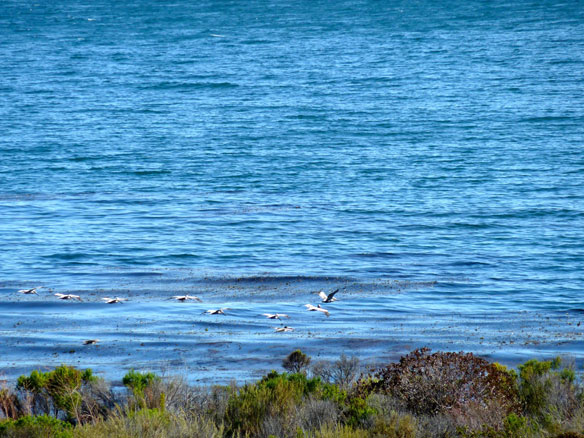
As the 10th anniversary of the Gulf oil spill approaches on April 20, Restore the Mississippi River Delta released a report today with nine recommended strategies for advancing critical ecosystem restoration in the delta.
The toxic reach of Deepwater Horizon’s oil spill was much larger — and deadlier — than previous estimates
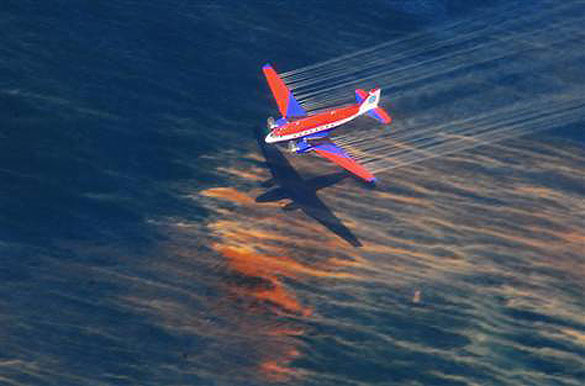
The spread of oil from the Deepwater Horizon disaster in the Gulf of Mexico was far worse than previously believed, new research has found.
Crabs and shrimp are flocking to the Deepwater Horizon spill site to mate, and it’s making them sick Christina Zdanowicz-Profile-Image

The site of the Deepwater Horizon oil spill has become a popular mating ground for deep-sea crabs and shrimp. Decomposing oil from the 2010 spill could be mimicking a sex hormone, and that’s what’s attracting these crustaceans to get frisky in this part of the Gulf, according to an August study published in the journal Royal Society Open Science.
Sunlight Reduces Effectiveness of Dispersants Used in Oil Spills
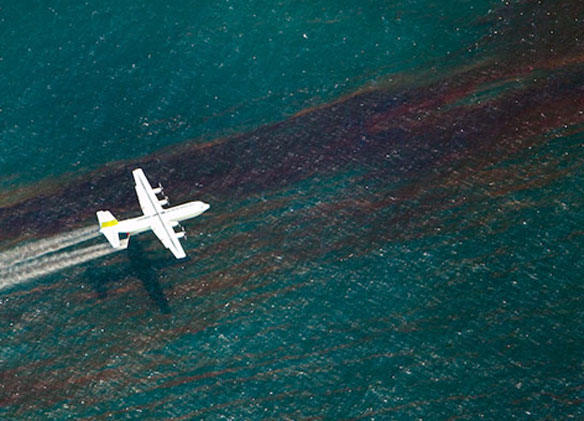
Two new studies have shown that sunlight transforms oil on the ocean surface more significantly and quickly than previously thought. The phenomenon considerably limits the effectiveness of chemical dispersants, which are during oil spills to break up floating oil and reduce the amount of oil that reaches coastlines.
Gulf Spill oil dispersants associated with health symptoms in cleanup workers, study

The study appeared online Sept. 15 in Environmental Health Perspectives and is the first research to examine dispersant-related health symptoms in humans.
BP oil spill did $17.2 billion in damage to natural resources, scientists find
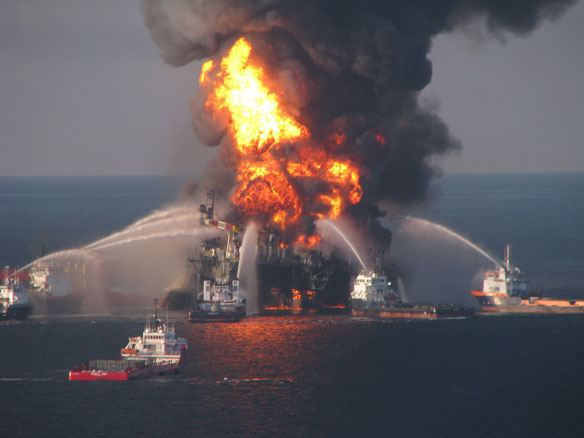
The 2010 BP Deepwater Horizon oil spill did $17.2 billion in damage to the natural resources in the Gulf of Mexico, a team of scientists recently found after a six-year study of the impact of the largest oil spill in US history. This is the first comprehensive appraisal of the financial value of the natural resources damaged by the 134-million-gallon spill.
